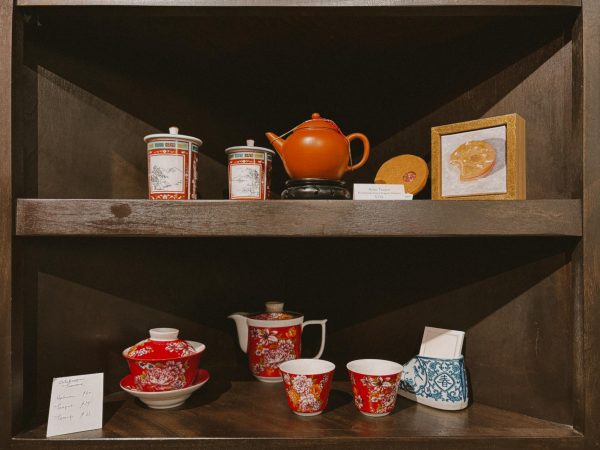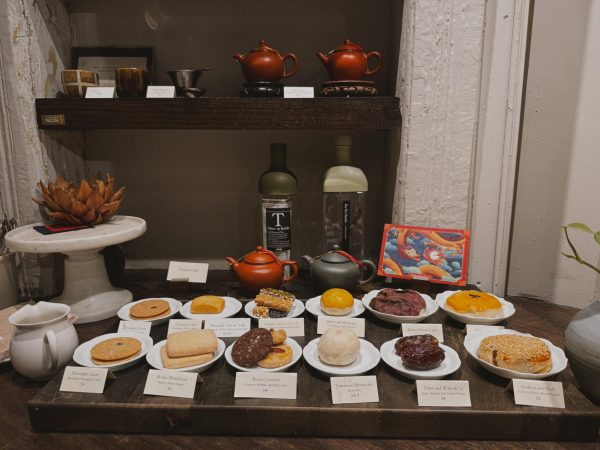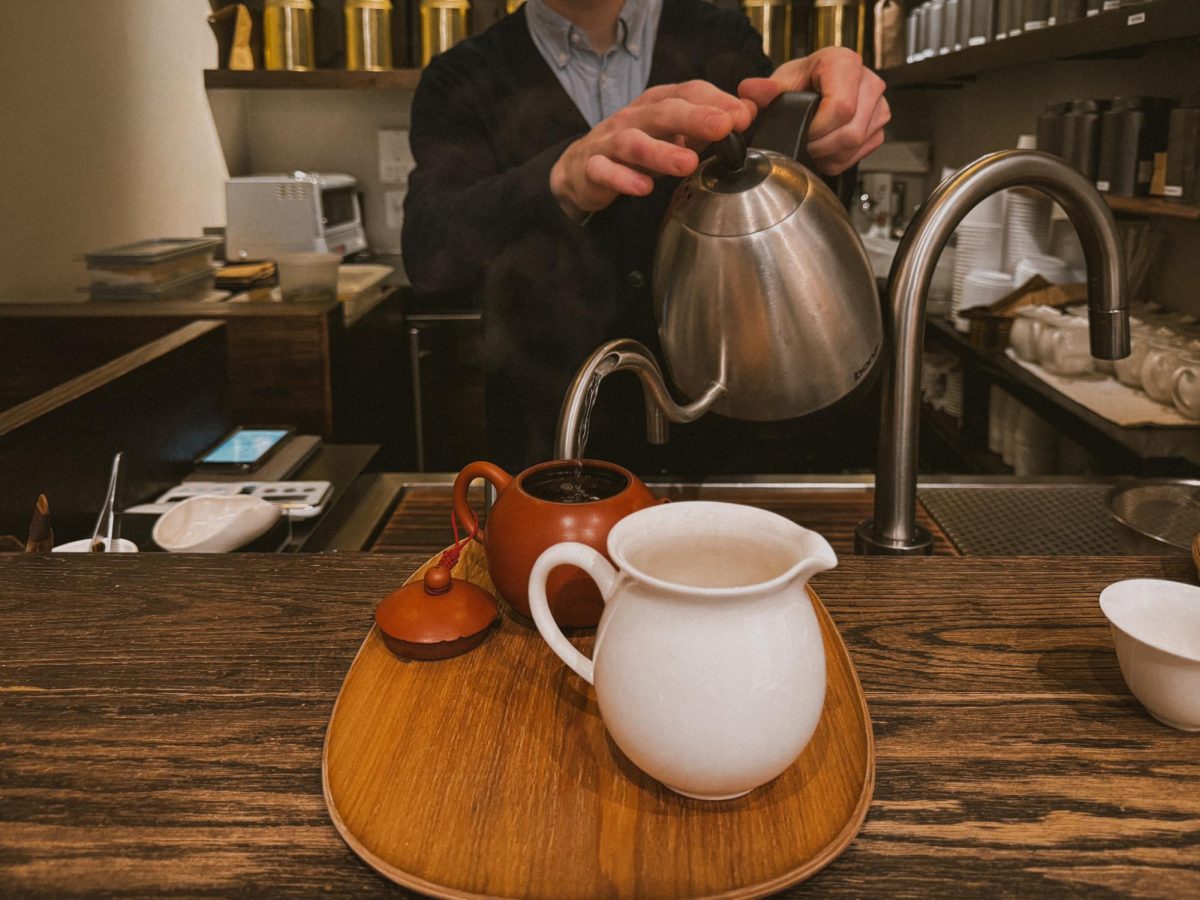“In the tea room it is left for each guest in imagination to complete the total effect in relation to himself.”
— Okakura Kakuzo, The Book of Tea
You’ve probably heard of boba and perhaps even tried many of its colorful, inauthentic variations. While boba continues to be one of the most recognized Taiwanese exports, some would argue that the beverage hardly represents Taiwanese tea culture.
“[It’s] like the frappuccino from the grocery store,” said Té Company co-founder Elena Liao. “I don’t consider that real coffee.”
To Liao, tea is an elemental part of Taiwanese culture. Growing up in Taipei, Liao did not often drink boba, but drinking tea was like drinking water at her household. In 2012, she left her corporate job to start a business to specialize in what she knew best — Taiwanese tea.
“Té” means “tea” in Taiwanese Hokkien, commonly known as Taiwanese, a dialect originating from Fujian, an eastern province in China, that later spread to Taiwan in the late Ming Dynasty. Liao co-founded Té Company in response to the scarcity of Taiwanese tea in the United States, specifically in New York City. Now, the tea room carries about 30 varieties of tea from Taiwan, working hand-in-hand with local tea makers.

“Every year, I travel and get to know the makers. I frequently went to Eslite [a chain bookstore in Taiwan] to buy books about Taiwanese tea practice, whether that’s cultivation, production or history,” Liao said. “Each unique region also has according styles. The learning is lifelong.”
Occasionally, she also brings back rarer batches in limited quantities. During one of her visits to Kaohsiung, she met Taiwanese aboriginals that made yellow tea, a rarity harvested from wild tea trees on their tribal land and produced in small batches.
Tea at Té Company also carries an identity, one that might be unfamiliar to the diverse customer base in New York City. Liao calls it the “tea baggage,” which is essentially the subconscious perception of tea that stems from each individual’s cultural background. I was at Té Company once when a middle-aged couple walked in and asked for “chai or anything with spices,” which I saw as a misunderstanding of Taiwanese tea. Liao chuckled and recalled numerous similar encounters.
“We just say no. We specialize in oolong tea from Taiwan, and they’re delicious,” Liao said. “It’s a nice tea room. People generally like to stay. Let’s say if you want chai, we train our staff to say, ‘We can find a black tea that has some spice notes that may resemble chai.’”
In this way, moments of misunderstanding become opportunities to introduce Taiwanese tea to customers, and, according to Liao, a customer has never sent tea back because they’re not satisfied.
Té Company is not just known for its exquisite tea but also complementing treats. The pineapple linzer, created to resemble the traditional pineapple cake, has established a reputation as one of the most popular pastries in the tea room. With the familiar pineapple jam filled between two pieces of cookie, the treat is the lovechild of Taiwanese and Western pastries.
With Lunar New Year just around the corner, prosperity snacks are also available, including pineapple cake with yolk, red bean cake, almond nougat, date and walnut nougat, tinybars and spicy candied peanuts. I also must recommend the salted yolk mooncake — my personal favorite ever since I was a kid in Taiwan.

“Té Company offers a space where you can have what you need,” Té Company staff member Garrett Long said. “Everyone has their own idea of tea as they come into the store, and Té Company becomes a very adaptable space. On the weekdays, it can be a tranquil experience, which is a lot of people’s idea of tea. Then, on weekends, it’s bustling and shuffling, and it becomes more of a communal experience.”
Being located around college campuses further accentuates the necessity for a tea room, and Té Company holds both tangible exchanges and worthwhile experiences for the younger generation. For the NYU community, this tea room is whatever we need it to be.
“The nature of tea is very conducive for intellectual conversations, and that’s what tea houses were for back in the day,” Liao said. “It’s a place where people get together without getting hammered, and can have a beverage with caffeine while having meaningful debates.”
Contact Katie Liao at [email protected].























































































































































